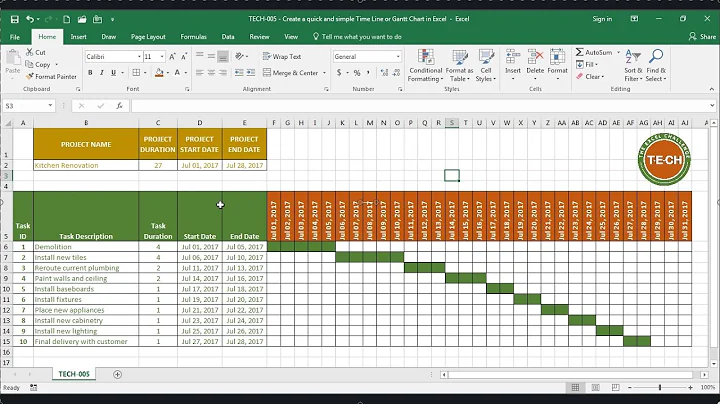Writing the total request time in seconds to an nginx access log, possibly using a calculated variable
11,387
If you use a reporter like LogStash (ELK stack) you can do some calculation when parsing the log. Here is my example to convert second into millisecond in my Logstash filter for Nginx:
grok {
match => {
"message" => "%{IPORHOST:clientip} %{USER:ident} %{USER:auth} \[%{HTTPDATE:timestamp}\] \"%{WORD:verb} %{URIPATHPARAM:logMessage} HTTP/%{NUMBER:httpversion}\" %{NUMBER:response} (?:%{NUMBER:bytes}|-) (?:\"(?:%{URI:referrer}|-)\"|%{QS:referrer}) %{QS:agent} rt=%{NUMBER:duration_sec} cid=%{GREEDYDATA:correlationId}"
}
}
mutate { convert => [ "duration_sec", "float" ] }
ruby { code => "event['duration_ms'] = event['duration_sec'].to_f * 1000" }
Hope this helps.
Related videos on Youtube
Comments
-
Tharsan over 1 year
I'm trying to modify my nginx access log format to include the request duration, in seconds.
I see two possible variables I could use:
However both of these variables are expressed in microseconds, and I need this value to be rendered in seconds. Is there any way to specify the output as an expression (i.e.
$request_time * 1000) or accomplish this in some other way?Thanks
-
Maxim Dounin over 11 yearsActually, both are already in seconds (with millisecond resolution, i.e.
$request_timewill look like1.234). Note well that$upstream_response_timeformat is more complex as it might contain timing for multiple upstream servers.
-




















